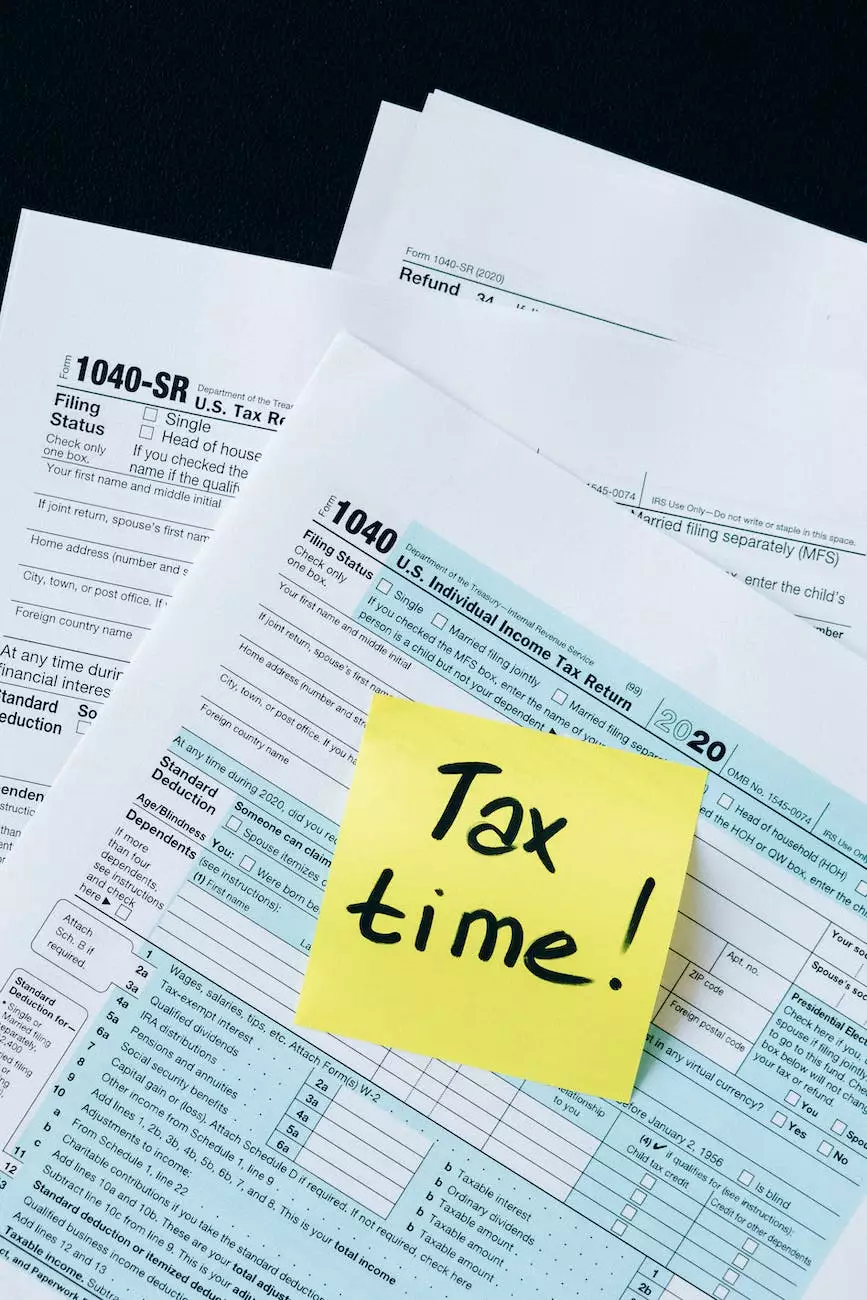Just Because You Spent It Doesn't Make It Deductible
Finance
Introduction
Welcome to PYR Concepts, your trusted partner in providing exceptional consulting and analytical services. In this article, we will explore the important concept of deductible expenses and why it's not as simple as solely considering the amount spent. Understanding the intricacies of deductible expenses is crucial for both individuals and businesses to minimize tax liabilities and optimize financial planning.
What Are Deductible Expenses?
Deductible expenses refer to costs that can be subtracted from your taxable income, ultimately reducing the amount of taxes you owe. However, not all expenses are automatically considered deductible, even if you have spent money on them. The tax regulations set by the government define which expenses qualify as deductible and under what circumstances.
Understanding Deductibility Criteria
To determine if an expense is deductible, certain criteria must be met. Simply spending money on something does not automatically make it deductible. The Internal Revenue Service (IRS) sets specific rules and guidelines to ensure that expenses claimed as deductions are valid and have a legitimate business purpose. Some key criteria include:
- Ordinary and Necessary: Deductible expenses must be both ordinary and necessary for your specific industry or trade. Ordinary expenses are those commonly accepted and recognized in your field, while necessary expenses are those that are helpful and appropriate in conducting your business.
- Substantiation: Adequate substantiation is crucial for deductible expenses. This includes maintaining proper records, receipts, and other relevant documentation to support the expenses you are claiming as deductions.
- Directly Related to Business: Deductible expenses should be directly related to your business activities. Personal expenses or those unrelated to your business cannot be claimed as deductions.
Common Examples of Deductible Expenses
While each situation may vary, there are some common deductible expenses that businesses and individuals might encounter:
- Business Supplies: Expenses incurred for office supplies, equipment, and other consumables necessary for business operations.
- Business Travel: Costs associated with business-related travel, including airfare, lodging, meals, and transportation.
- Advertising and Marketing: Expenses related to promoting and advertising your business, such as website development, print ads, or social media campaigns.
- Professional Services: Fees paid to consultants, lawyers, accountants, or other professionals hired to provide essential services for your business.
- Home Office Expenses: If you have a home office used exclusively for your business, you may be able to deduct a portion of your home expenses - such as rent, utilities, and insurance.
It's important to note that these examples are not exhaustive, and the specific circumstances, regulations, and guidelines provided by the tax authorities should be carefully considered before claiming any deductions.
Consult with PYR Concepts for Expert Advice
With so many factors influencing deductibility, it is crucial to seek professional guidance to ensure compliance with tax regulations and maximize your potential deductions. PYR Concepts specializes in providing comprehensive consulting and analytical services to businesses and individuals in various industries.
Our team of experts understands the ever-changing tax landscape and can assist you in navigating the complex world of deductible expenses. Whether you have questions about deductibility criteria, need assistance with record-keeping, or seek optimization strategies, PYR Concepts is your trusted partner.
Contact PYR Concepts Today
For personalized guidance and exceptional consulting services in the business and consumer services sector, don't hesitate to reach out to PYR Concepts. Together, we can help you make informed financial decisions, optimize your deductible expenses, and achieve your goals. Contact us today to schedule a consultation!




